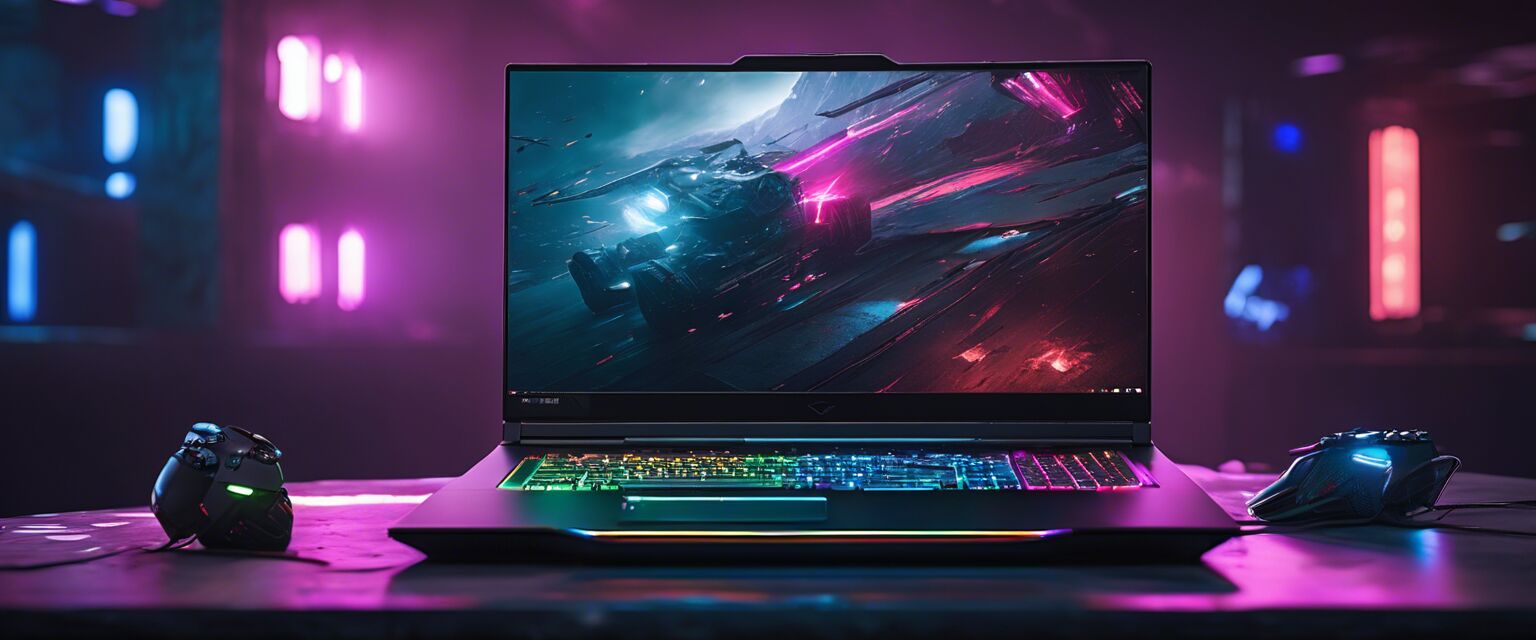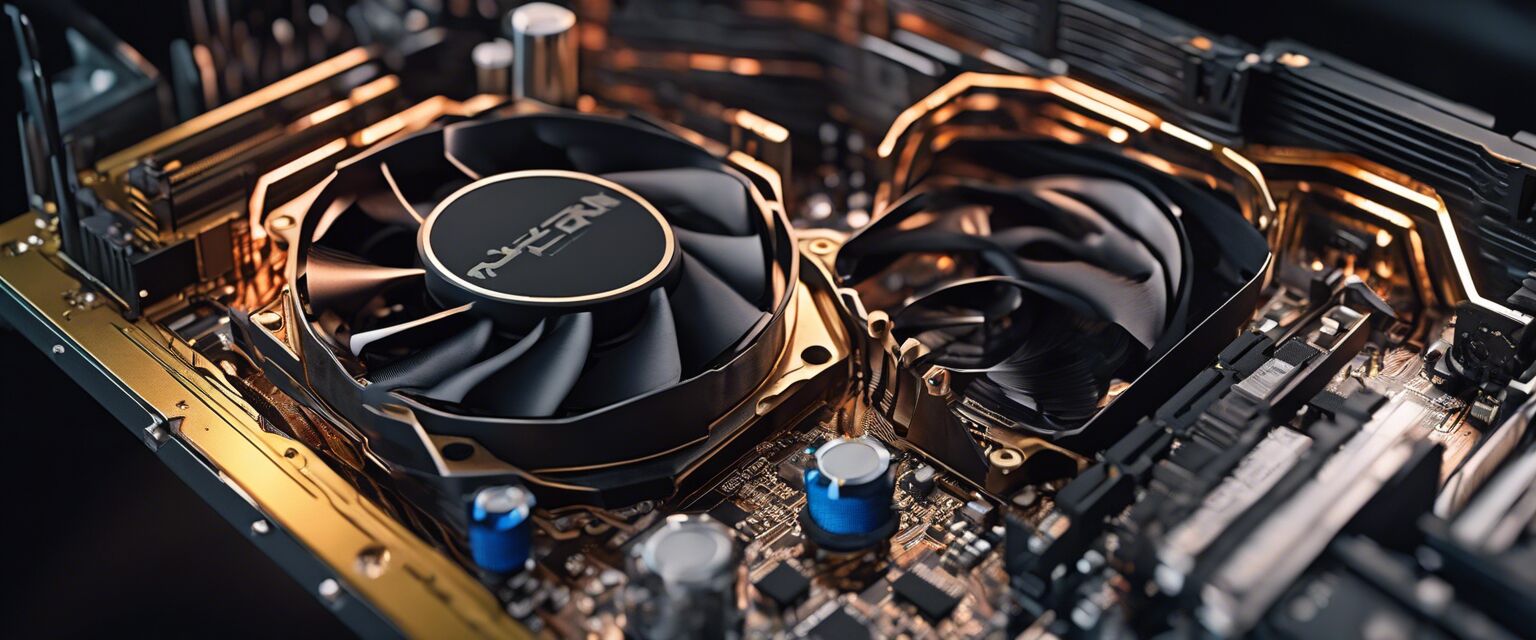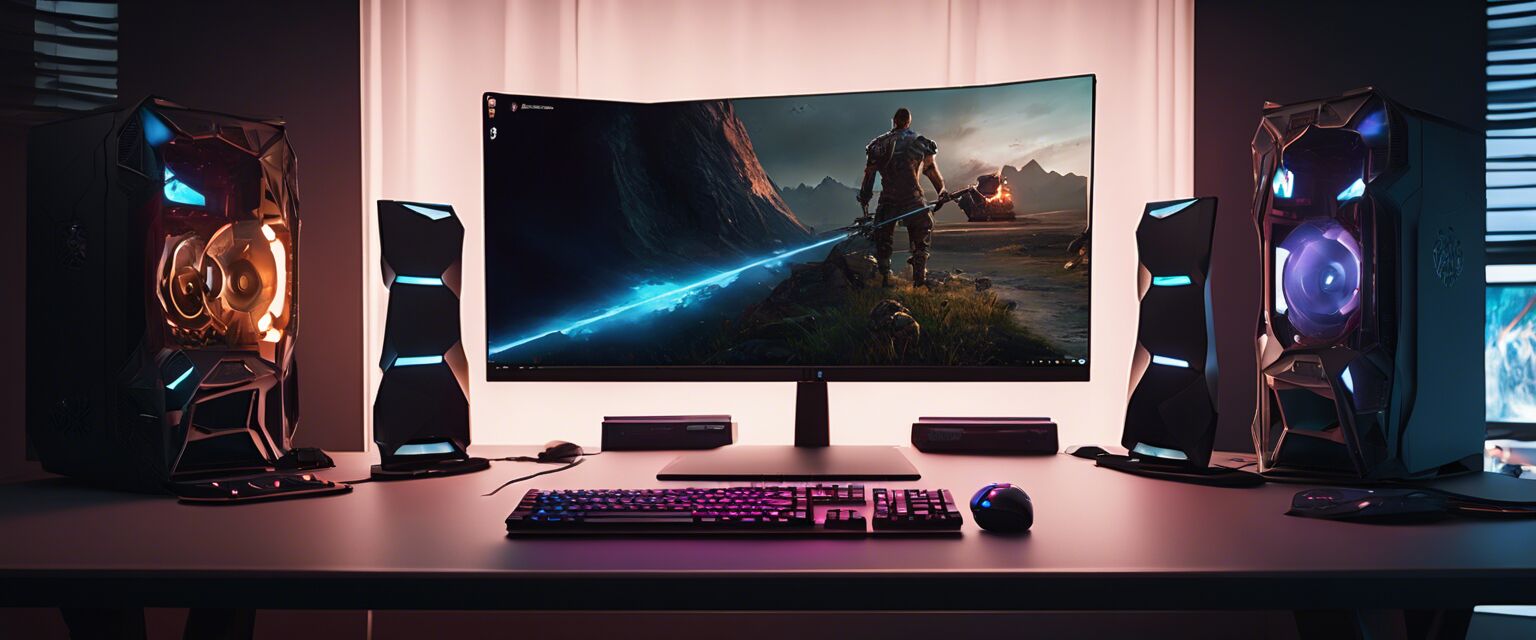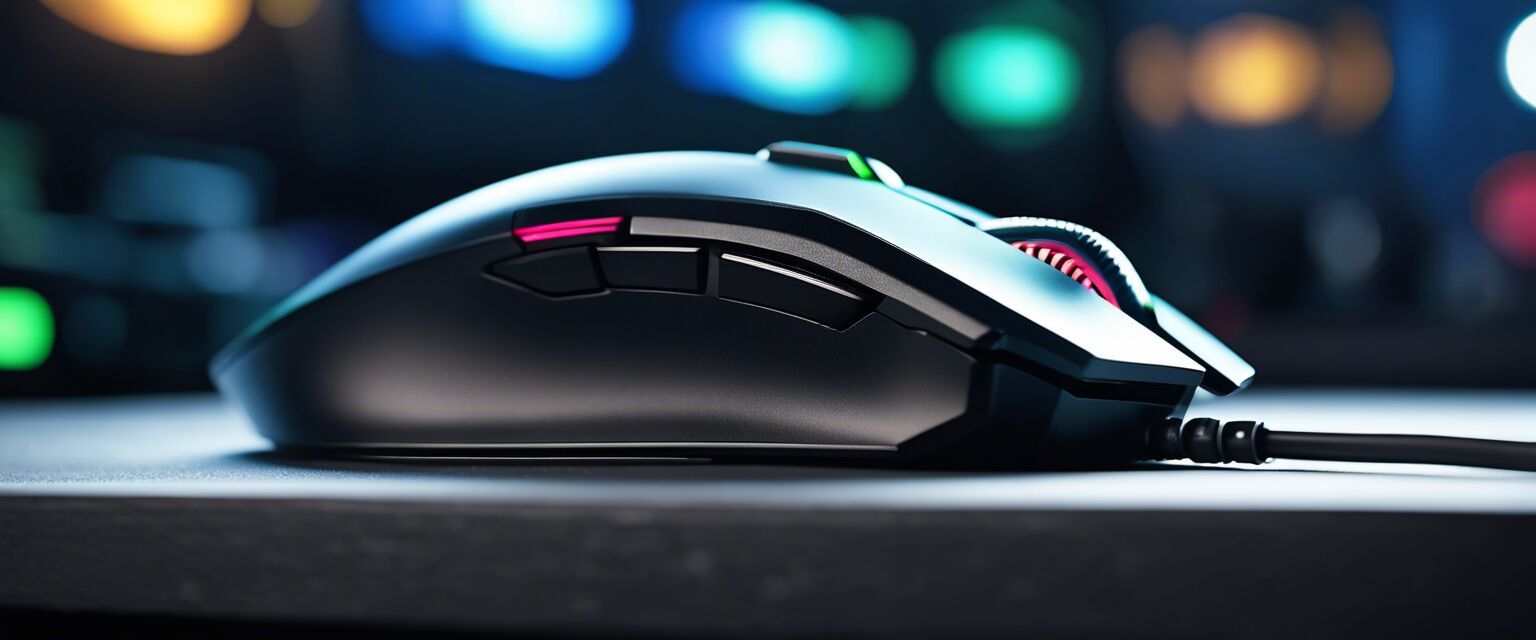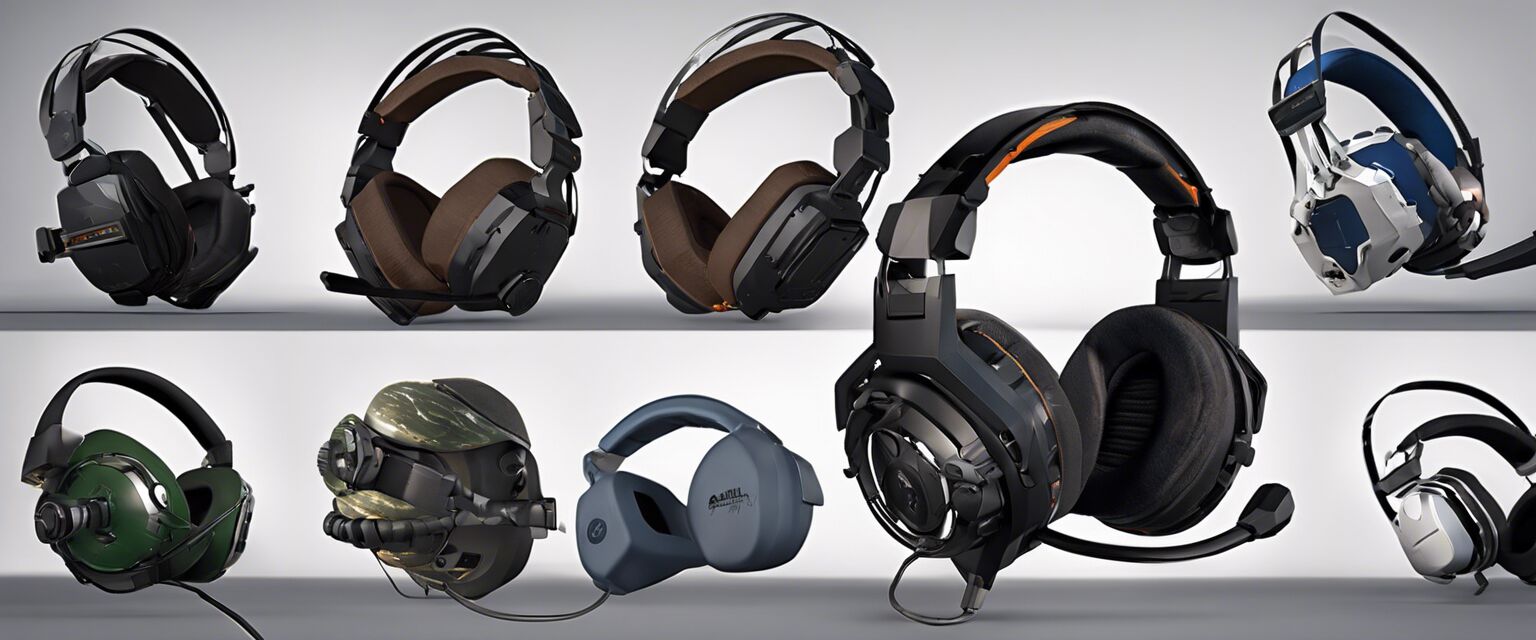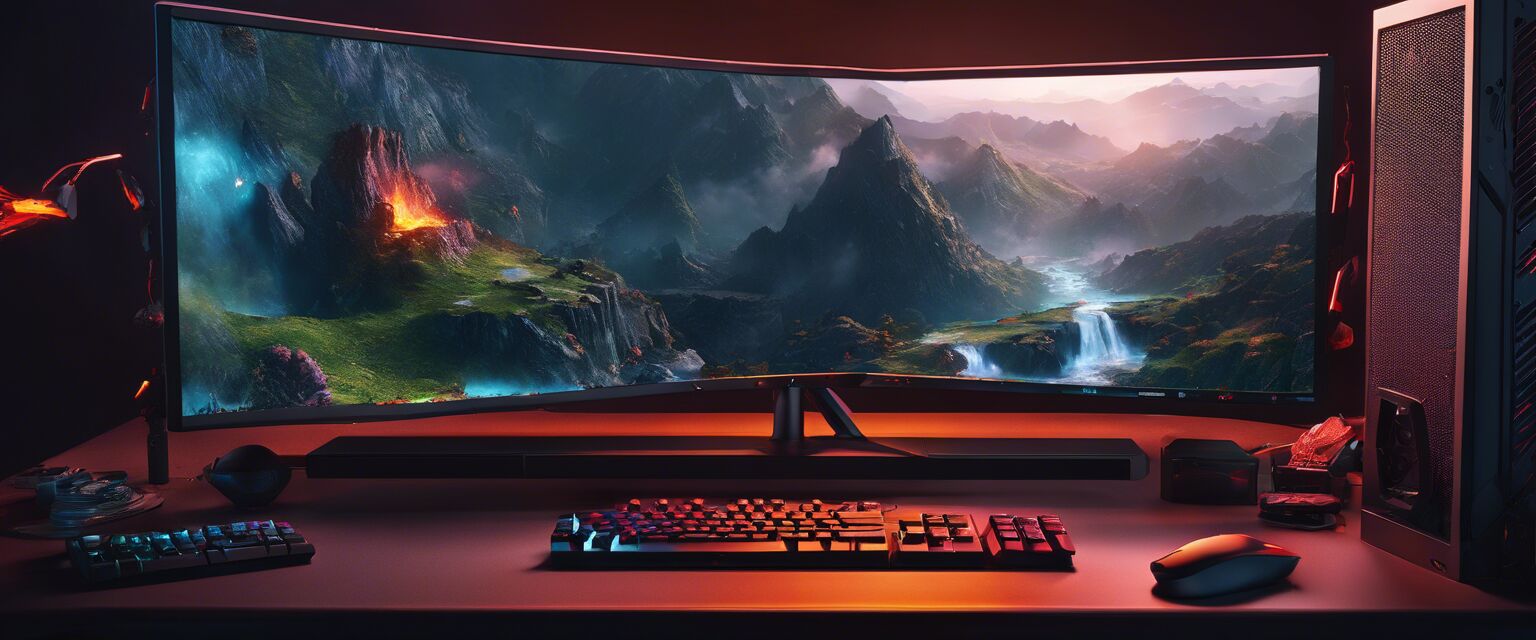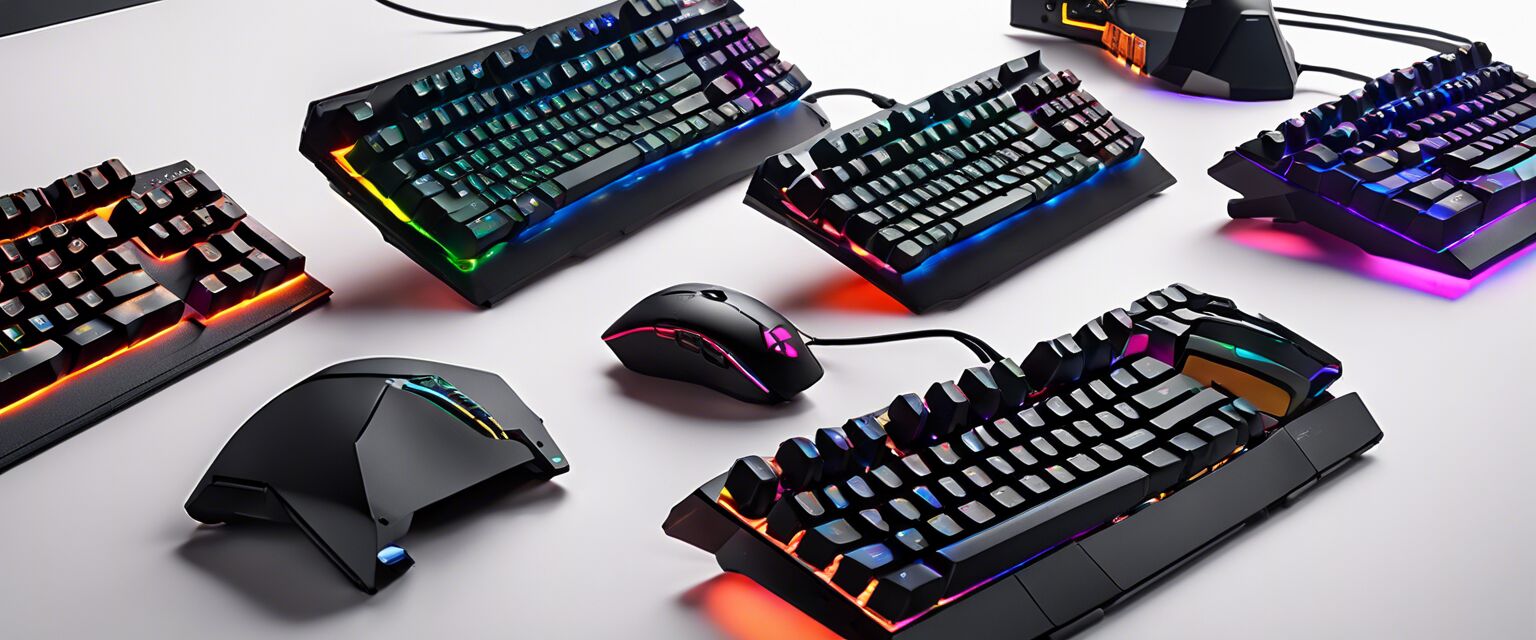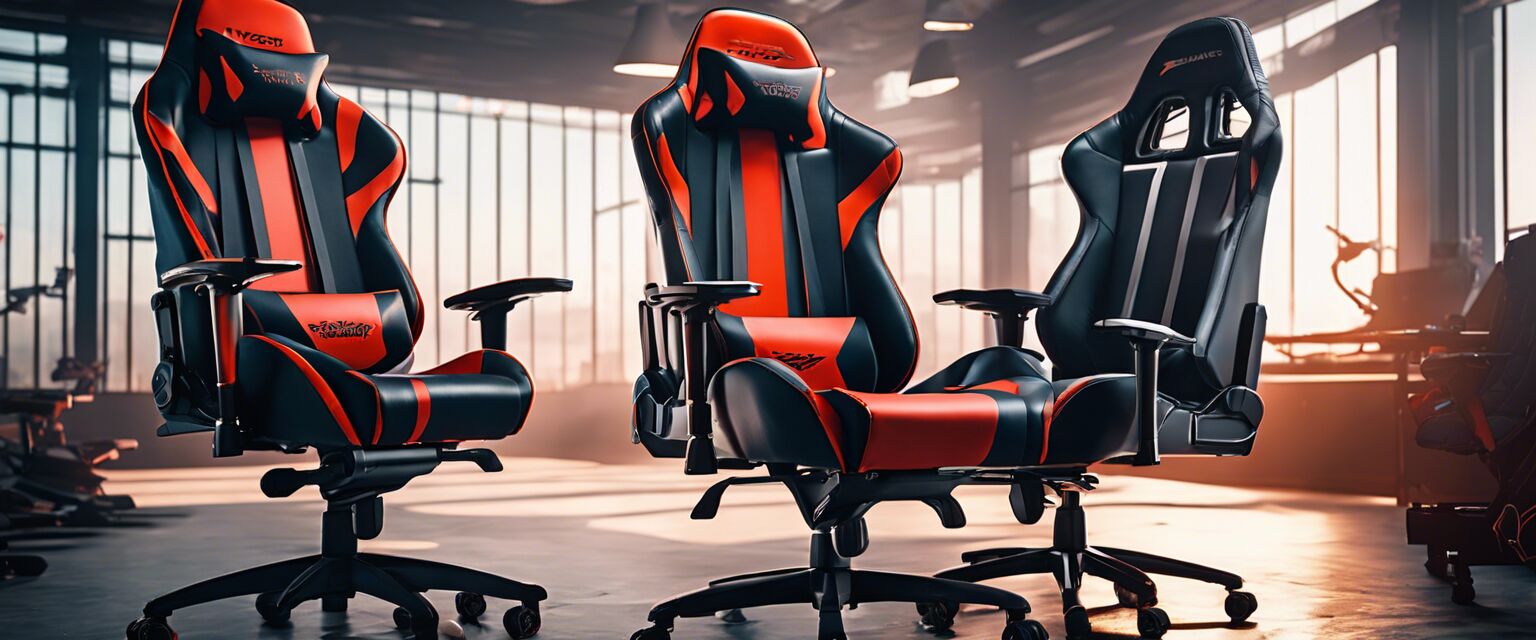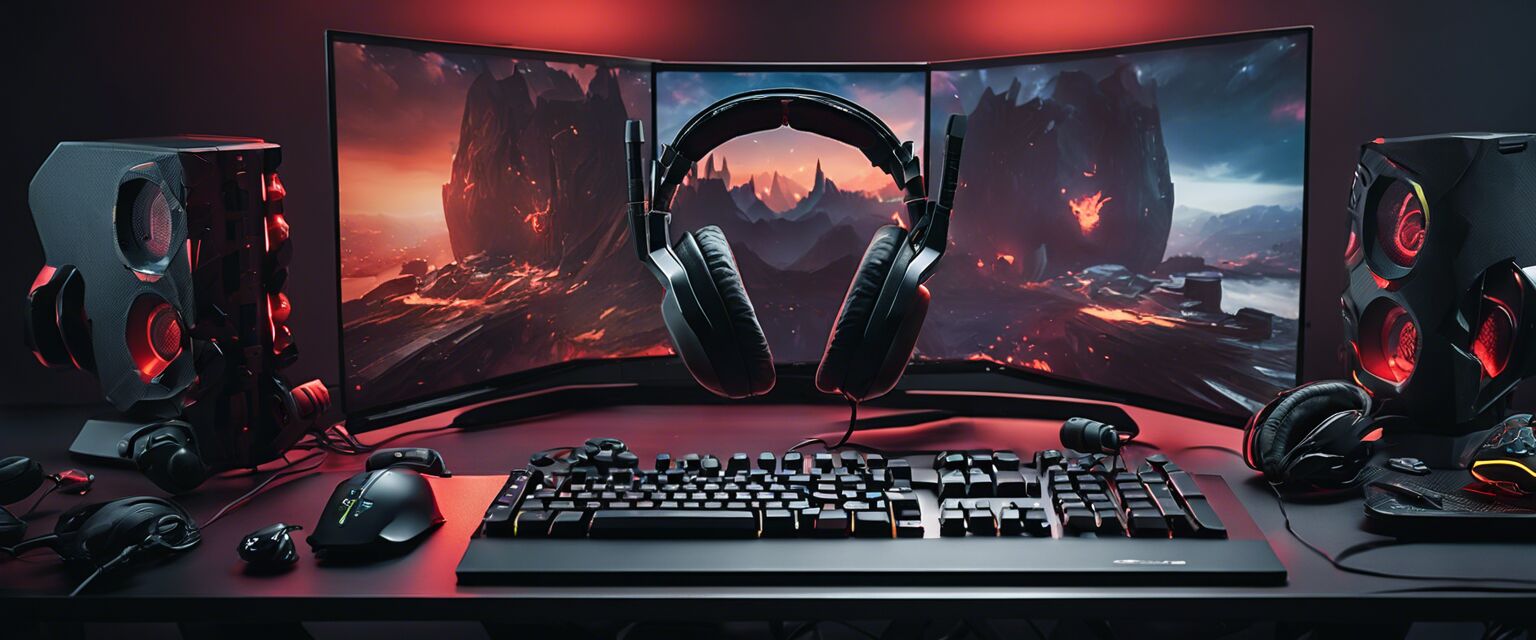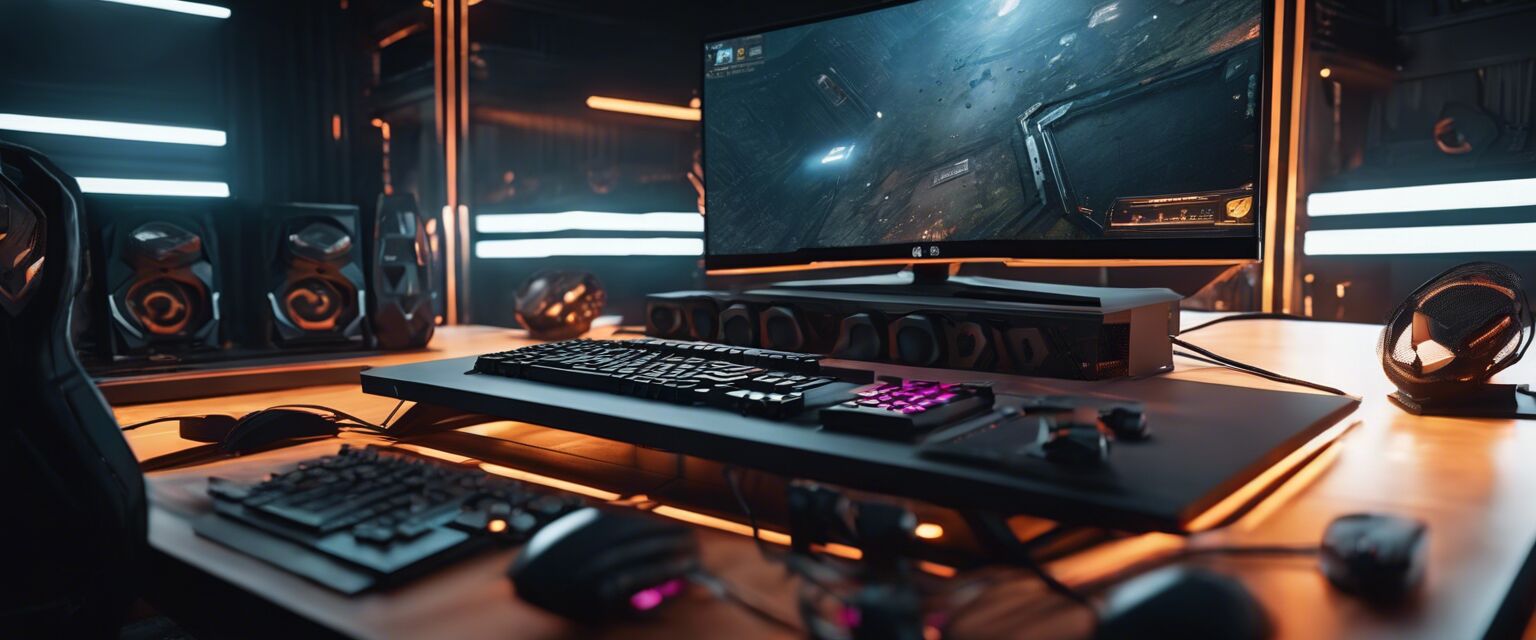
Cooling Systems for Gaming Computers
- Understanding types of cooling systems is essential for optimal gaming performance.
- Air cooling is simpler but less efficient than liquid cooling.
- Proper maintenance of cooling systems can prolong the lifespan of gaming components.
- Consider noise levels when selecting a cooling system suitable for your gaming setup.
Gaming computers generate a substantial amount of heat, making efficient cooling systems crucial for maintaining performance. This guide will explore the essentials of cooling systems, including their types, benefits, and considerations to help you make informed decisions for your gaming setup.
Why Cooling Systems Matter
Cooling systems play a vital role in ensuring that your gaming computer runs at optimal performance without overheating. An efficient cooling system:
- Protects hardware from damage due to prolonged heat exposure.
- Enhances the performance of essential components such as CPUs and GPUs.
- Contributes to a quieter gaming experience.
Types of Cooling Systems
There are two primary types of cooling systems used in gaming computers: air cooling and liquid cooling. Each has its pros and cons.
| Type | Description | Pros | Cons |
|---|---|---|---|
| Air Cooling | Utilizes fans and heat sinks to dissipate heat from components. |
|
|
| Liquid Cooling | Uses liquid coolant to transfer heat away from the components. |
|
|
Air Cooling Systems
Air cooling is the most common type used in gaming setups. It relies on fans to circulate air and dissipate heat from CPU/GPU heat sinks. Here are some popular components of air cooling systems:
- Heat sinks
- Case fans
- CPU coolers
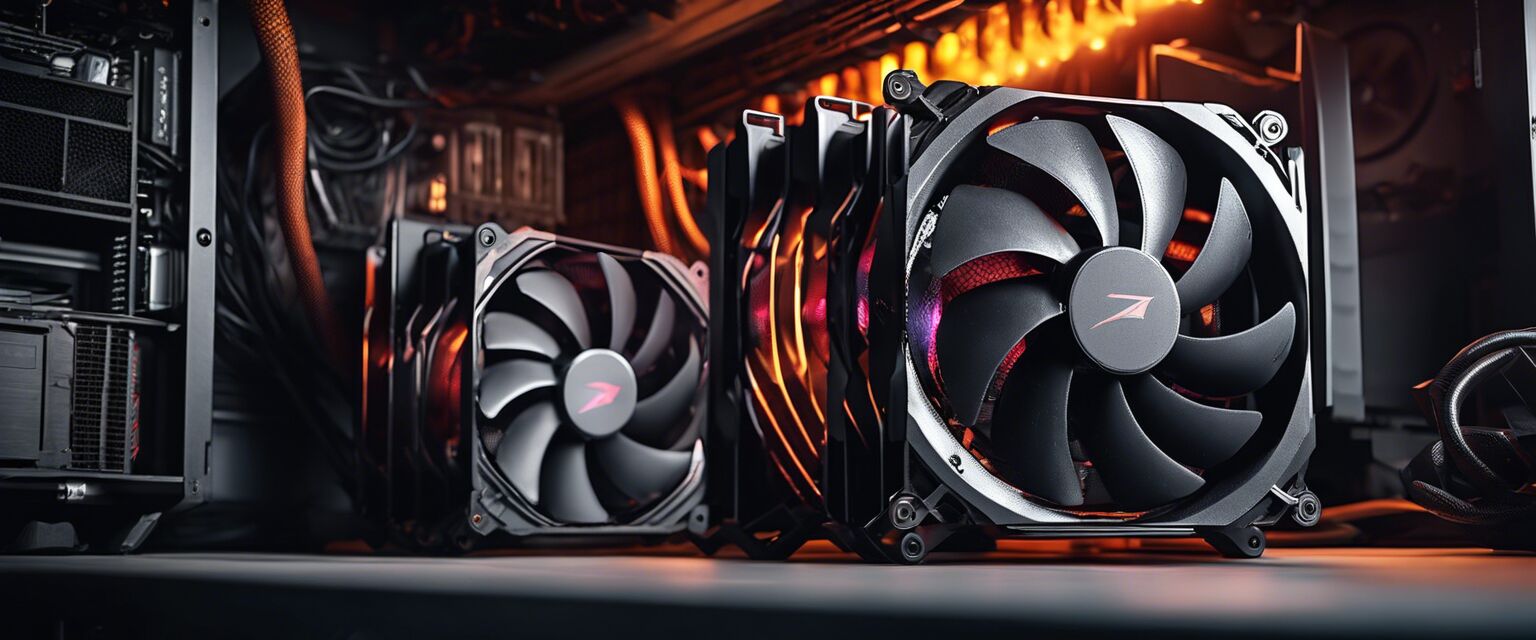
Liquid Cooling Systems
Liquid cooling systems come in two main forms: All-in-One (AIO) coolers and custom cooling loops. AIO coolers are pre-assembled and easy to install, while custom loops provide greater flexibility but require more expertise.
- All-in-One (AIO) coolers
- Custom liquid cooling setups
- Radiators and water blocks
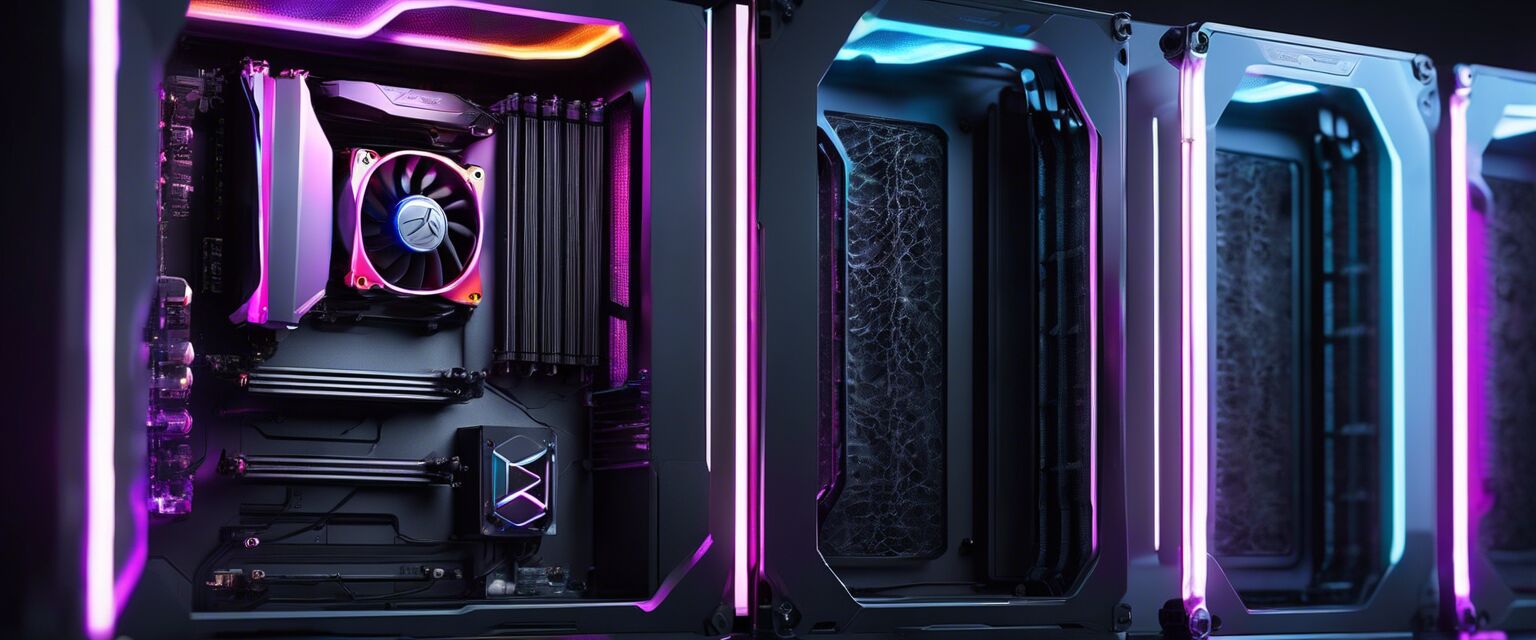
Choosing the Right Cooling System
When selecting a cooling system for your gaming computer, consider the following factors:
- Budget: Determine how much you are willing to spend, as this will impact your choices.
- Compatibility: Ensure the cooling system is compatible with your system's components.
- Noise Levels: Consider how much noise you can tolerate in your gaming environment.
Maintenance of Cooling Systems
Proper maintenance of cooling systems is essential for their effectiveness and longevity. Here are some maintenance tips:
- Regularly clean dust from fans and heat sinks.
- Check for fluid leaks in liquid cooling systems.
- Monitor temperatures with software to ensure optimal performance.
Common Issues with Cooling Systems
Even the best cooling systems can encounter issues. Here are some common problems to look out for:
| Issue | Possible Cause | Solution |
|---|---|---|
| High temperatures | Insufficient cooling setup or dust buildup | Clean components and upgrade cooling system |
| Excess noise | Worn out fans or incorrect installation | Replace fans and check installation |
| Leaks (liquid cooling) | Damaged hoses or connections | Inspect and replace damaged parts |
Conclusion
Investing in a good cooling system is vital for ensuring your gaming computer remains in top condition and can handle the demands of modern gaming. Take the time to research your options, assess your needs, and keep your system well-maintained for the ultimate gaming experience.
Pros
- Improved performance and longer hardware lifespan.
- Allows for better overclocking opportunities.
- Quieter operation with liquid cooling options.
Cons
- Can be complex to install, especially liquid coolers.
- Higher initial costs for quality systems.
- Regular maintenance required to sustain efficiency.
Beginners' Tips for Cooling Systems
- Start with air cooling if you are new to PC building.
- Ensure proper airflow within your case by managing cable layout.
- Monitor temperatures using software tools to stay informed about your system's performance.
Explore More on Gaming Giz
For further information on enhancing your gaming experience, check out our guides on:

